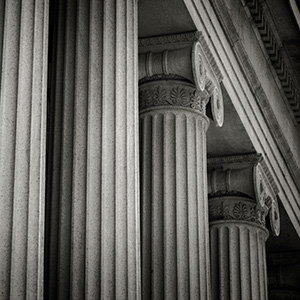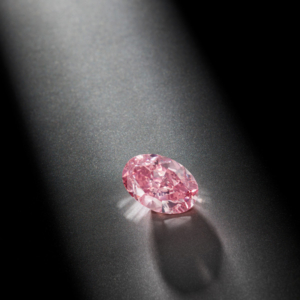
IIA Technologies has won the final round of its seven-year patent dispute with De Beers–owned Element Six in Singapore.
On Feb. 17, Singapore’s Court of Appeal ordered the cancellation of Element Six’s sole remaining patent in the case, calling its product and process claims “classically insufficient,” as they do not allow skilled persons to grow diamonds by other methods.
At one point the ruling compared Element Six’s patent to one for an airplane—arguing that even if a specific jet were patented, that would not necessarily preclude the development of another “flying machine.”
The dispute dates back to 2016, when Element Six sued Singapore-based IIA, claiming it had infringed on two synthetic diamond patents—one related to the growth and production process, the other to post-growth treatment. In 2020, the court ruled that IIA did infringe on the production patent, though it canceled Element Six’s treatment patent. IIA appealed the court’s verdict, which was reversed in this recent ruling.
At one point, Element Six’s fight with IIA spilled over to the United States, as E6 attorneys sought to determine the origin of diamonds purchased from Pure Grown.
IIA spokesperson Priyanka Joshi wrote on LinkedIn: “The Court of Appeal is the final appellate Court in Singapore. Its decision represents the final decision in this matter.”
In a statement, Element Six called the decision a “very surprising outcome in light of the findings from the initial litigation and Element Six’s well-established international patent portfolio in this field. Element Six notes that the decision is specific to Singapore and does not apply in other jurisdictions in which it holds similar patents.”
It added it has “invested hundreds of millions of dollars over more than 70 years to become a leading producer of synthetic diamonds.… Element Six will therefore continue to be vigilant for potential cases of IP infringement and will defend its rights vigorously.”
IIA struck a similar note in its statement, saying that it “has consistently and vigorously defended its rights to commercialize its proprietary, trade secret process for manufacturing lab-grown diamonds using CVD [chemical vapor deposition] technology.”
IIA did not respond to a request for comment by the time of publication on whether this will affect the company’s production in Singapore.
In early 2020, the Carnegie Institution of Washington and WD Lab Grown Diamonds sued IIA and its U.S.-based sister company Pure Grown Diamonds for patent infringement. IIA and Pure Grown settled that suit in November of that year.
A concurrent lawsuit launched by Carnegie and WD against lab-grown distributor Fenix Diamonds was dismissed in 2021 by a New York judge. That ruling is currently being appealed.
Element Six is the De Beers subsidiary that produces lab-grown diamonds, mostly for industrial purposes—though in 2018, it introduced the Lightbox jewelry brand.
Top: The Supreme Court of Singapore (Photo courtesy of the government of Singapore)
Follow JCK on Instagram: @jckmagazine
Follow JCK on Twitter: @jckmagazine
Follow JCK on Facebook: @jckmagazine







